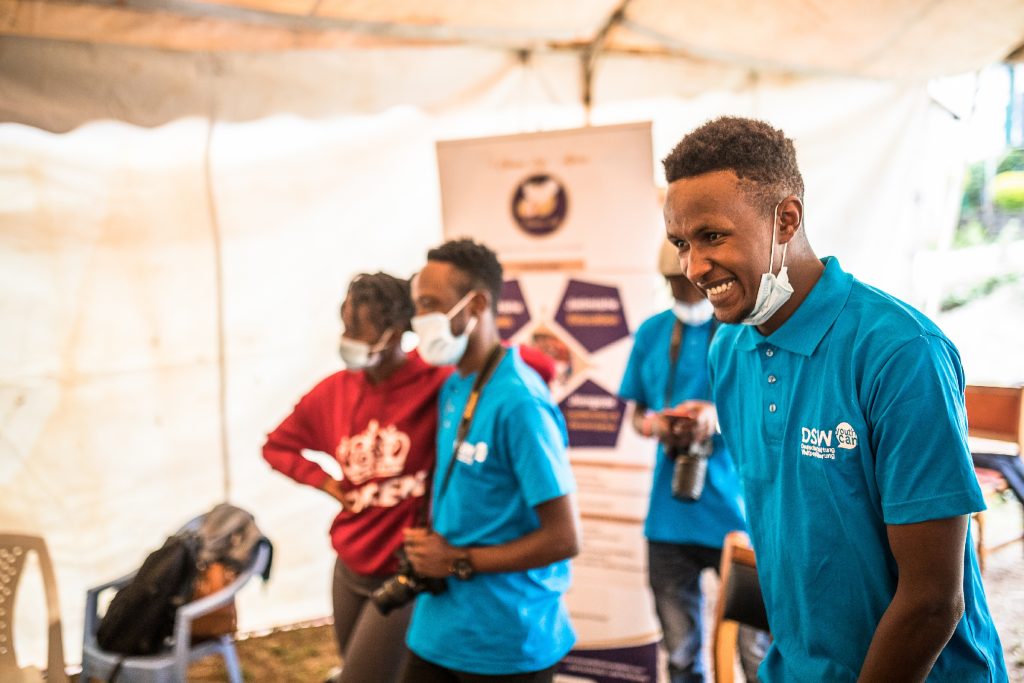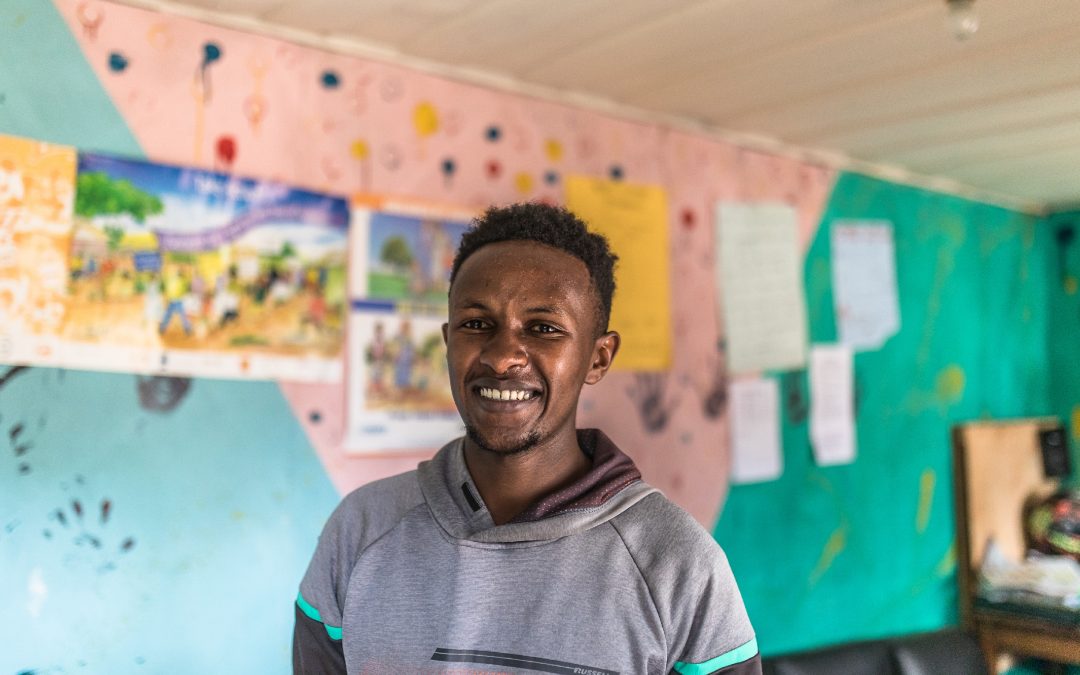Ian Ndereba Mutua is a trained peer educator and a member of Youth and Women Advocacy Network (YWAN). He is also the president of the Students’ Union at Meru University located in Meru County, Kenya. He is the latest Meru County-based youth champion to speak to us about how COVID-19 has affected his community.
What is your view of family planning?
Family planning is important to our community. It helps to curb early pregnancy, lower the school dropout rate, and even reduce the number of deaths due to unsafe abortion.
The rate of teenage pregnancy has increased since the onset of COVID-19. We have created a WhatsApp group where we share ideas on family planning. We also use Facebook, where we organise forums online. One of the significant challenges to family planning is our culture, which discourages people from using family planning. The religious side also fights against it.
What is it like to be a peer educator?
Being a trained peer educator enables me to reach out to young people and educate them on the dangers of drug and substance abuse.
Being a peer educator is challenging but also motivating. My dream was to reach out to the young people and share my thoughts. The challenging aspect is that young people assume that you know everything that they need to know, and maybe you haven’t grown to that level yet. Being a peer educator is like a calling, and this has allowed me to change people’s lives for the better. I have demonstrated to them how to handle condoms, and I have also referred three students for counselling. Now they are doing well.
Being a young person and a peer educator is fantastic. Because of the training and the knowledge that I have of SRHR, the students elected me as the president of the students’ union at Meru University.

Ian Ndereba Mutua is a member of the Youth and Women Advocacy Network in Meru County, Kenya.
What has changed since the beginning of the pandemic?
The pandemic has created more challenges due to the lockdown and curfew. Some of the youths I was training called me to send them something to eat due to lack of money, but I didn’t have money either.
In terms of SRHR, what has changed during this pandemic is that we have to use social media to share information with the young people in our community.
What worries you?
What worries me the most is that our having to use technology to pass along information. This has been quite challenging. Not everyone can access these digital platforms to get the necessary information.
Photos and interview conducted by Brian Otieno for DSW.

